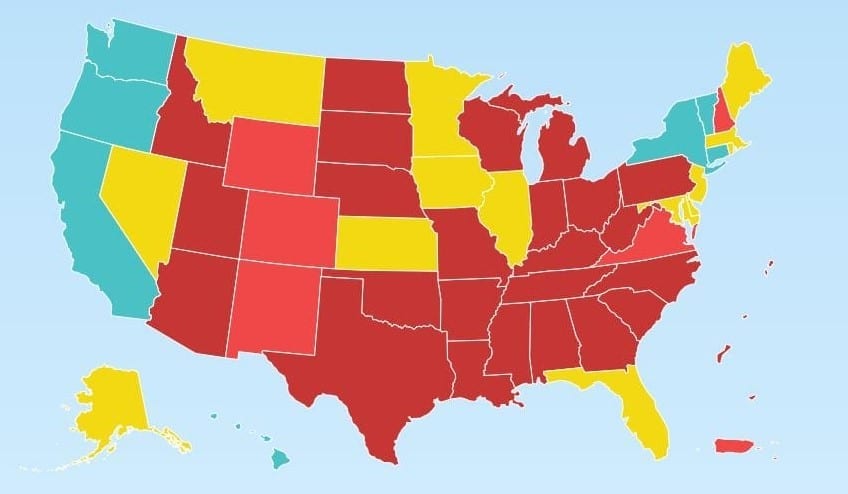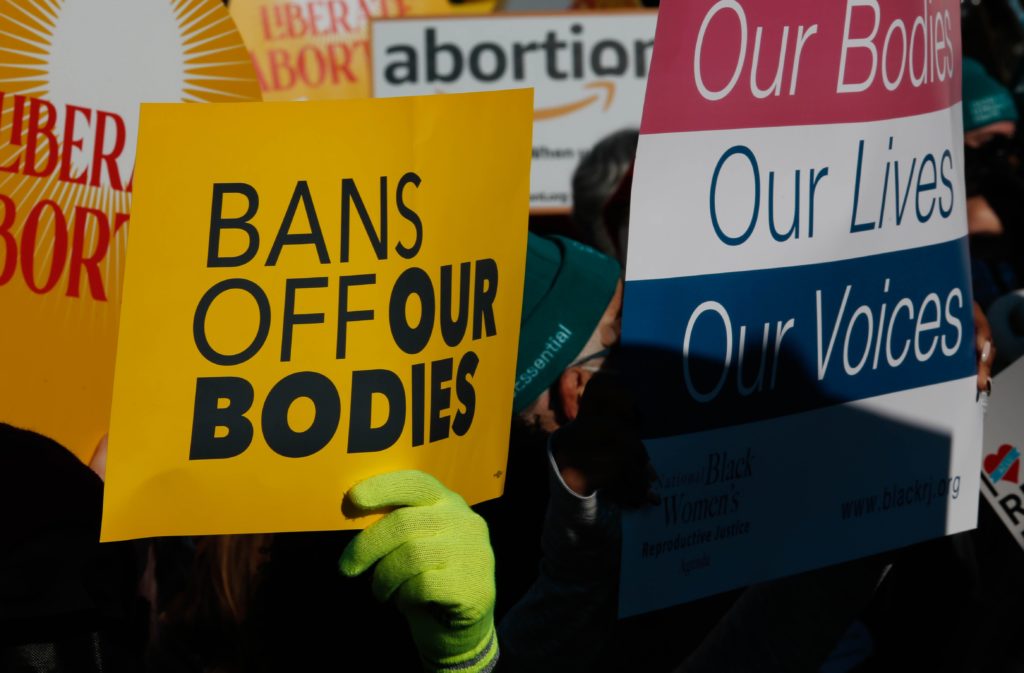The Center and Movement Partners Urge Court to Block Unprecedented Ruling Rejecting FDA’s Approval of Abortion Drug
Amicus brief of more than 100 reproductive rights, health, and justice partners highlights the proven safety and efficacy of the drug, the ruling’s “immediate and life-threatening consequences,” and the court’s reliance on “debunked data.”

Update, 04.14.23: The Center and its movement partners also filed an amicus brief before the U.S. Supreme Court. Read it here and access the full list of experts filing amicus briefs here.
________________________________________________
Read the latest about the case here.
Alliance for Hippocratic Medicine v. FDA
Access court decisions, legal documents, amicus briefs, and more.
The Center for Reproductive Rights joined more than 100 reproductive rights, health, and justice partners to file an amicus brief urging the Fifth Circuit Court of Appeals to stay a district court decision that purports to block the FDA’s long-standing approval of mifepristone, the first pill in the two-drug medication abortion regimen.
If allowed to take effect, the decision in Alliance for Hippocratic Medicine v. FDA could remove the drug from the market nationwide—even in states where abortion is protected—and would be a devastating blow to abortion access across the country.
The lawsuit against the FDA and the U.S. Health and Human Services (HHS) was filed in November 2022 by anti-abortion advocates challenging the FDA’s initial approval of the drug. In the U.S., medication abortion is the most commonly used method of abortion, accounting for more than half of all abortions.
The amicus brief submitted by the Center and its partners in support of the FDA’s approval of the drug was filed with the Fifth Circuit Court of Appeals, where the U.S. Department of Justice and the drug manufacturer, Danco, are seeking an emergency stay of the district court’s order.
The amicus brief—signed by organizations from across the country—highlights that mifepristone, which was approved by the FDA in 2000, has proven to be “undeniably safe and effective” and its removal from the market would cause severe harm. In addition, it outlines how that the Texas court’s decision relied on data that was faulty and “experts” who were discredited by courts across this country.
“This case is just another attempt by anti-abortion groups to ban abortion and take away our freedom to control our bodies and lives,” said Jenny Ma, senior counsel at the Center for Reproductive Rights. If the district court decision takes effect, Ma added, “it will cause a massive shock to the provision of care in the states where abortion access remains. This is not in line with what the majority of Americans want. People across the country have made clear that they support the right to abortion, and we’ll continue to fight for it.”
In urging the Court of Appeals to reverse the lower court’s ruling, the organizations argue that:
- The district court relied on faulty and discredited data. The court effectively made itself, not the FDA, “the expert evaluator of drug safety, cherry-picking from debunked data” on the dangers of medication abortion—despite the evidence of its safety and efficacy. The court also relied on “experts” that have been widely discredited by the medical and scientific communities.
- Mifepristone is safe, effective, and widely used. The immense wealth of medical evidence demonstrates that medication abortion is one of the safest medication regimens in the U.S. “The FDA approved mifepristone over twenty years ago in recognition of the fact that it is safe, effective, and medically necessary. This evidence is even more compelling today, as decades of study and practice have confirmed mifepristone’s efficacy and safety. The district court’s decision, relying on self-serving anecdotal data and discredited expert testimony, flies in the face of both this conclusive and rigorous scientific evidence and the proper role of a district court reviewing agency decision-making.”
- The consequences of suspending mifepristone’s FDA approval will be immediate and severe. If the lower court’s ruling were to take effect, it would exacerbate the current reproductive health care crisis. “Today, with abortion access already severely restricted nationwide, mifepristone’s availability is critically important. If the decision below takes effect, people even in states where abortion remains legal or protected will be denied access to mifepristone, imperiling access to abortion and jeopardizing the health of persons unable to timely obtain care.” In addition, “Depriving people of mifepristone would deny many people who are not seeking an abortion safe and effective medical care for miscarriage and even after giving birth.”
Read the complete brief by the reproductive rights, health, and justice organizations here.


